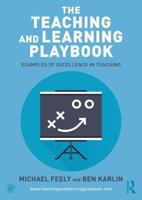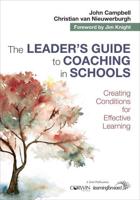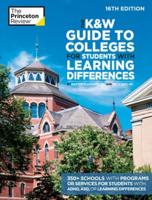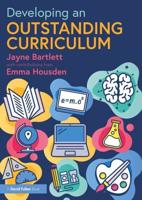Publisher's Synopsis
This study looks at the effects of cognitive coaching (CC) on Initially Licensed Teachers (ILT). Specifically the study examines if CC increases an ILTs level of self-efficacy and if it increases a teacher's intentions to remain in the field of education. Using Bandura's 30-item "Teacher Self Efficacy Scale" ILTs rated their perceived self- efficacy. The ILTs also completed a Teacher Intentions Survey. The mentors completed an assessment to measure their current knowledge of cognitive coaching which was compared to the ILTs level of self efficacy. Lack of valid data made it impossible to compare mentor knowledge and ILT intentions to stay in the field. However, a relationship was found between the ILTs level of self-efficacy and the mentor's knowledge. A follow-up focus group was held to further understand ILTs opinions of the cognitive coaching process and induction program. Analysis revealed several themes from the focus group dialogue. These themes indicate that teachers value the actual cognitive coaching process, but teachers hold many concerns about the time, effort, and relevance of mandated meetings and paperwork.










